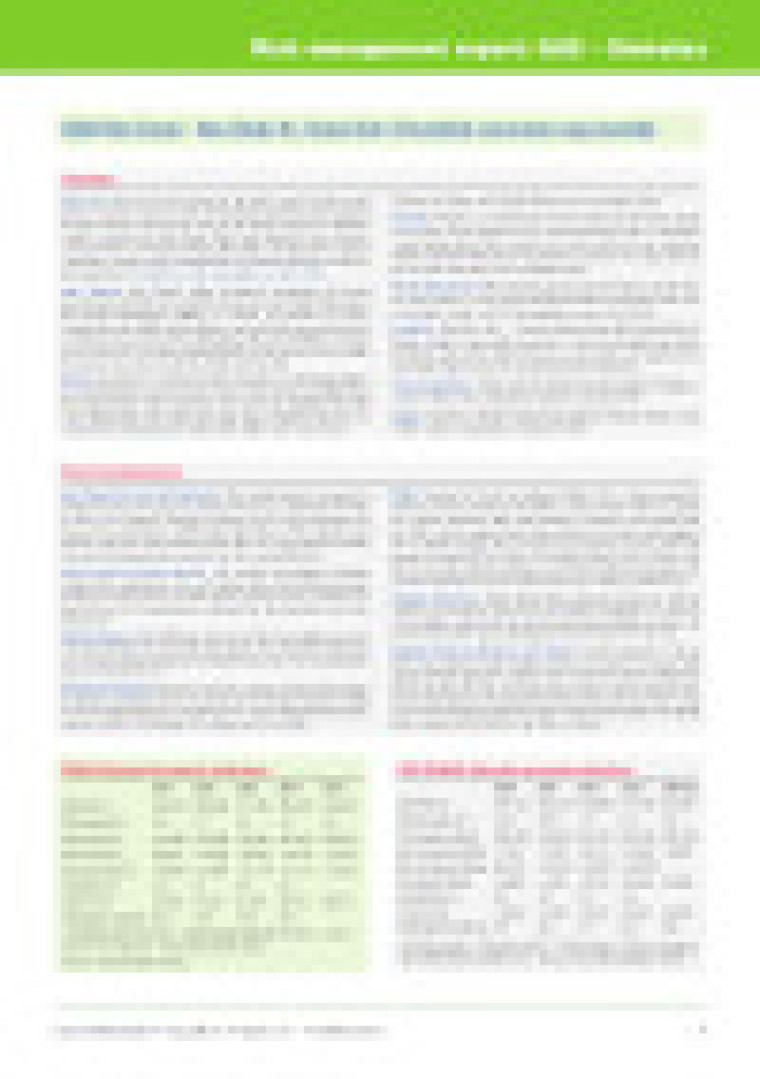Risk Management Report - UAE - Emirates
Risk Management
Issue 1011
- 03 Mar 2016
| 1 minute read
Established in 1971, the federation of seven emirates – Abu Dhabi, Ajman, Dubai, Fujairah, Ras Al-Khaimah, Sharjah and Umm Al-Quwain is economically liberal and progressive, but remains politically conservative. Ultimate control is held by the emirate rulers, led by oil-rich, politically savvy Abu Dhabi and regional/global commercial hub Dubai. The federal government has legislative and executive jurisdiction over sectors including foreign affairs, security, defence, education, health, currency, electricity and immigration. Each emirate retains considerable economic independence and control over mineral rights and revenues. Abu Dhabi ruler Sheikh Khalifa Bin Zayed Al-Nahyan (since founding president Sheikh Zayed Bin Sultan Al- Nahyan’s death in 2004) is federal president. Each ruler sits on the Supreme Council, the highest executive and legislative authority. The Council of Ministers makes most federal decisions, while the Federal National Council (FNC) acts as an advisory council. FNC elections were held in October.
This article is available to registered users
Login
Don't have an account?
Register for access to our free content
An account also allows you to view selected free articles and set up news alerts.
Register



